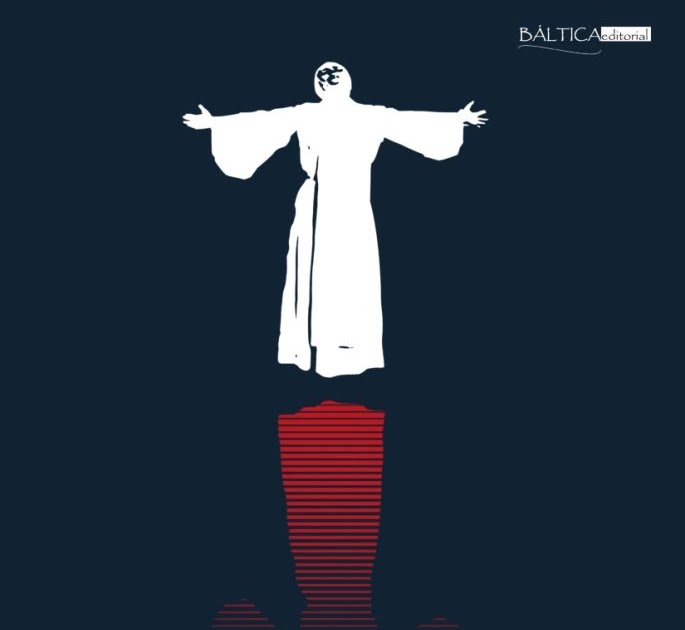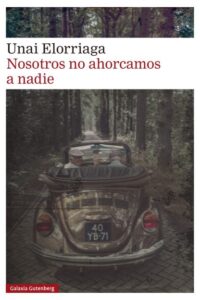
Original Language: Polish
Títutulu Original: Mother Joanna from Angiołósea
Translation: Xavier Farré
Year of publication: 1946
Valoración: Between recommended and okay
1634, France. One of the best -known witchcraft processes, motivated by both intrigues and by the delusions of a superior mother, takes place in Loudun. A priest named Grandier, accused of being responsible for the demonic possession of ursulin nuns, ends at the stake.
Thus, Grandier is barely mentioned in Mother Juana de los Angeles. The prominence falls to Father Suryn, a Jesuit devotee whom the Church sends to exorcise the Ursulin nuns of the Ludyn convent possessed by demons.
The situation exceeds our hero, whose religious torments and fears are increased. Especially effective are the thoughts that evidence it, like this one that we find in pages 151 and 152:
The only possibility of the tranquility provided by nature, despite the wind, seemed painful and noticed the brightness of the stars, the breath of clouds as if it were a knife that was nailed to the heart. The cruelty of nature that the martyrdom of hearts and human minds observed indifferently seemed like another diabolical torture, and mere peace of mind as a trap in which the most terrible possibilities stalked. / “They have fallen asleep,” he thought about demons, “they have fallen asleep in me, filling my whole soul with pieces of their flesh” (…). / «But they have not fallen asleep, they have become the wind, the trees, in the clouds, to torment me with their indifference. The eternally happy nature, saved in principle, unable to suffer the fall, and I, destined for the greatest acts, to the greatest experiences and the greatest understanding, before her much bigger and more powerful because I can meet myself and God, suddenly I see myself rejected and reduced under any creature, as a toy of the forces of the most powerful evil.
The scenes in which characters or situations question their faith of Father Suryn are also very shocking. A perfect example of this would be the meeting of the troubled protagonist with the Reb iche of Zabłudów, who confuses him and mounts him on page 115:
—Reverend Father, are you coming to see a poor Rebe to ask what demons are? You, father, don’t know? Haven’t you taught it in their theology? Don’t you know, father? Do you have doubts? Maybe they are not demons, but only the lack of angels, ”he laugh again. The angel that Mother Juana had to fly and now she has stayed alone with herself. Maybe it is just the nature of the human being.
The atmosphere of Mother Juana de los Angeles It is very successful. Not only does it successfully transfer us to the Republic of Poland, in the seventeenth century, but it prints a pertinent dreary, ominous and despair tone to the whole. To thicken this atmosphere and tone contributes, by the way, the use of the grotesque to describe the appearance or behavior of certain characters.
The issues investigated in these pages are exposed clearly, but always respecting the subtlety and obliqueness that characterizes good literature. Thus, although there is talk of evil, he never clarifies, if this is the result of human nature or imposed by demons to the soul of his victims.
While it is true that the novel takes place with a good pulse, it did not get excited at any time (except when it approaches the outcome, where it earns whole thanks to the lyricism of certain passages and its powerful climax). However, the quality of its prose, its atmosphere, the power of some of its scenes, the way it closes and the complexity of its reflections leave very good aftertaste.
Ah, Mother Juana de los Angeles It was adapted to the cinema by Jerzy Kawaleowicz in 1961, obtaining the Special Jury Prize at the Cannes Festival of that year.
Source: https://unlibroaldia.blogspot.com/2025/07/jarosaw-iwaszkiewicz-madre-juana-de-los.html


